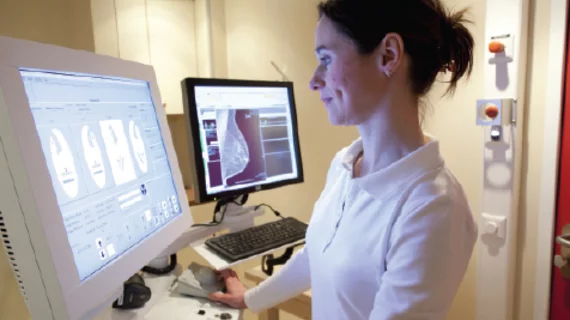7 ways digital health is transforming patient care
Digital tools are changing the way patients think about healthcare and how they want to access care, according to a survey conducted by Aetna.
The Health Ambitions Study included responses from 1,000 consumers, 200 primary care physicians and 200 specialists. The survey aimed to provide insight into how patients and providers view technological advances in healthcare and what could be improved.
Findings included:
- 37 percent of consumers said being able to communicate through email, text or a patient portal would make them more likely to connect with physicians.
- 32 percent of consumers said virtual office visits would make them more likely to communicate with physicians.
- 40 percent of people between 18 and 34 are currently using a computer or electronic diary to track health.
- 30 percent were using a wearable tracker to collect information about their personal health.
- Doctors with 15 years or fewer years of experience are more inclined to use digital tools—23 percent reported they would use digital messaging, 22 percent would use telehealth and 18 percent would use virtual office visits.
- 43 percent of consumers between 18 and 34 said apps would help them make regular progress toward goals.
- 81 percent said they would use a confidential website or app to track health information.

